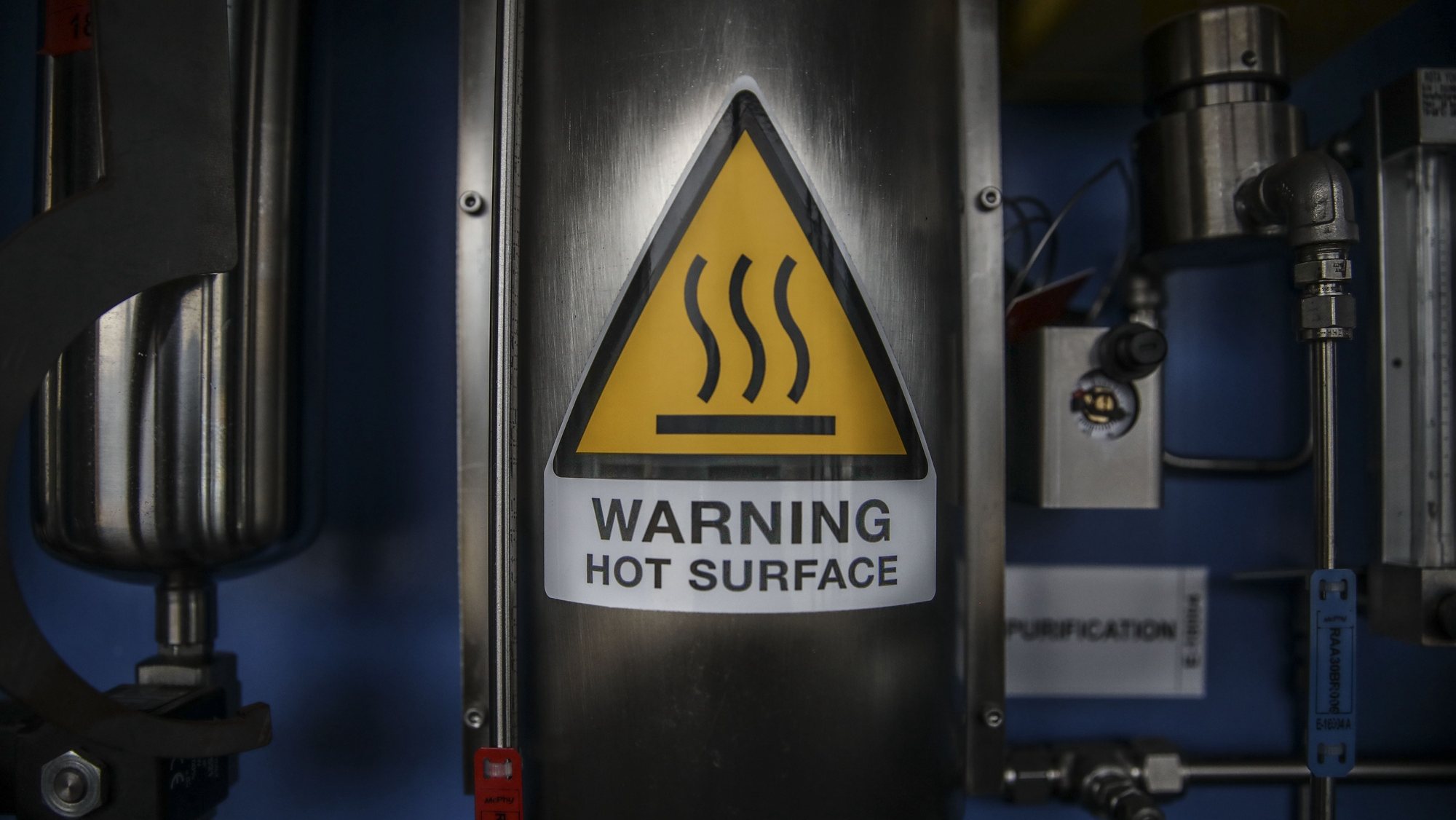
Zero reiterated this Saturday that green hydrogen should not be transported far from production sites, after having disapproved three hydrogen export projects and calling for the re-evaluation of Sines, in the public consultation process.
For the environmental association, “there is a great misunderstanding in almost all the projects presented”, to the extent that, he says, they all assume that hydrogen can be produced in one place and then transported long distances to consumption centers, such as It happens with fossil fuels. .
“But unlike fossil fuels, green hydrogen can be produced anywhere there is water and renewable energy and should not be transported in a pure or liquefied state, or risk huge energy losses in the process,” says Zero, it’s a statement.
At stake are, in Zero’s assessment, the four projects presented by Portugal to the European Commission in the typology of infrastructure projects of community interest that expand the use of renewable hydrogen in the context of the energy transition, and whose public consultation ended on March 16. .
The four projects presented by Portugal refer to the hydrogen distribution network, the gas pipeline between Celorico da Beira and Zamora, the hydrogen liquefaction and export terminal in Sines and the 400 MW electrolyser in Sines.
In the position that it presented in the field of public consultation, the environmental association Zero highlights several negative aspects, disapproving three of these projects and asking that the Sines project be re-evaluated.
After pointing out that this association has defended “the rational use of renewable hydrogen and its production using electricity produced as close as possible to the places of consumption”, Zero points out that a hydrogen distribution network can be “highly inefficient” and contribute to ” increase the prices or taxes to be paid for the energy to be consumed”.
It also highlights the “unassessed risks of hydrogen leakage”, due to the safety and even environmental implications that they may have and the reduction in energy efficiency that they entail.
Thus, in the case of the Portuguese hydrogen distribution network, the association highlights that “the application of the energy efficiency principle remains to be evaluated” in this project and that it will also be necessary to demonstrate that the potential for renewable electricity production from the wind energy produced by the turbines installed in front of Figueira da Foz “is enough to produce quantities of hydrogen that exceed the needs” of the industry and transport sectors in the central region of the country.
Regarding the gas pipeline between Celorico da Beira and Zamora, Zero points out that there is no evidence that the transport of hydrogen to the facility that will use it is more efficient than the transport of electricity from renewable sources.
Regarding the hydrogen liquefaction and export terminal in Sines, the association also argues that it remains to be demonstrated that the hydrogen produced there “does not have a more efficient use in the industries that already exist in the region.”
Highlighting that it is undeniable that green hydrogen will play an important role in the energy transition, and that the installation of electrolysis capacity “is positive”, the association indicates, regarding the 400 MW electrolyser in Sines, that it disapproves of some of the uses that are provided for the hydrogen produced by this means.
Last October, the governments of Portugal, Spain and France announced the construction of a “green energy corridor” to streamline Iberian interconnections, abandoning the existing gas transportation project and opting for another that includes a maritime gas pipeline to also transport green gas. hydrogen.
The leaders of the three countries praised the virtues of the project, but these virtues are not shared by environmental organizations, which consider the “green” corridor not only unnecessary but also “a step backwards in climate policy.”
Source: Observadora